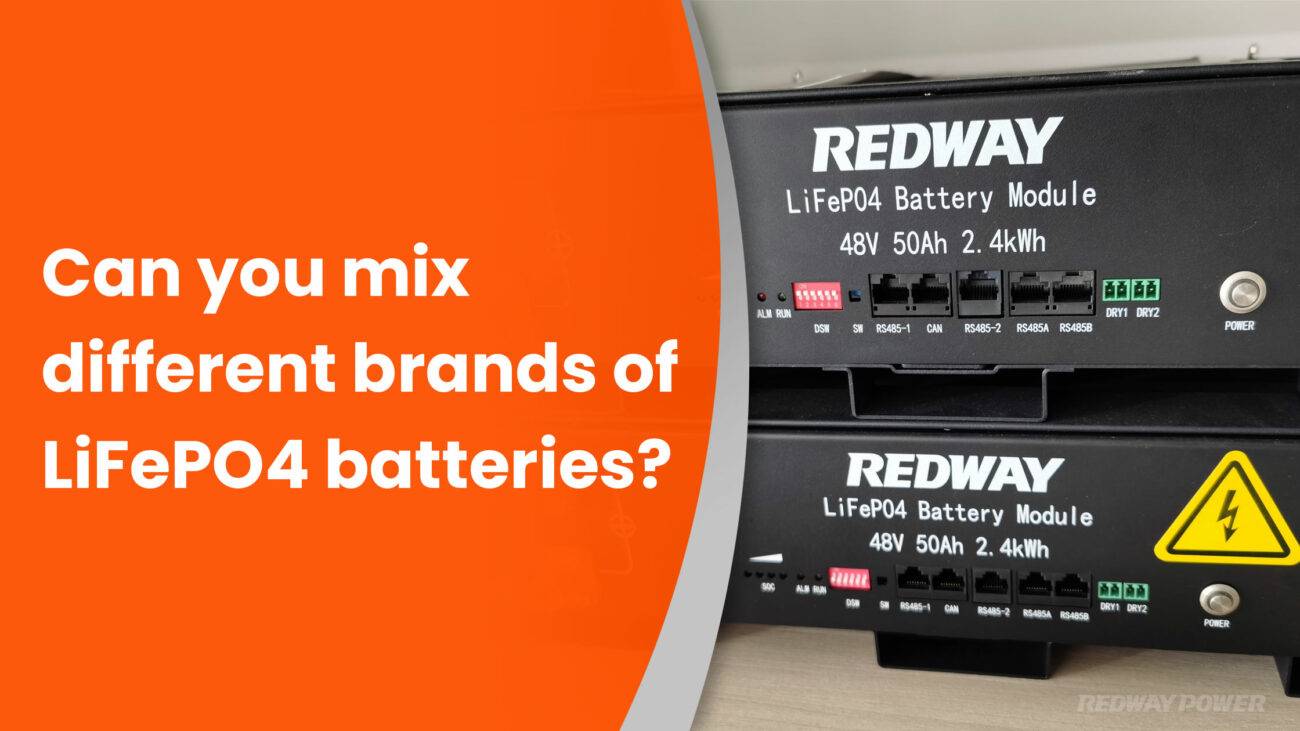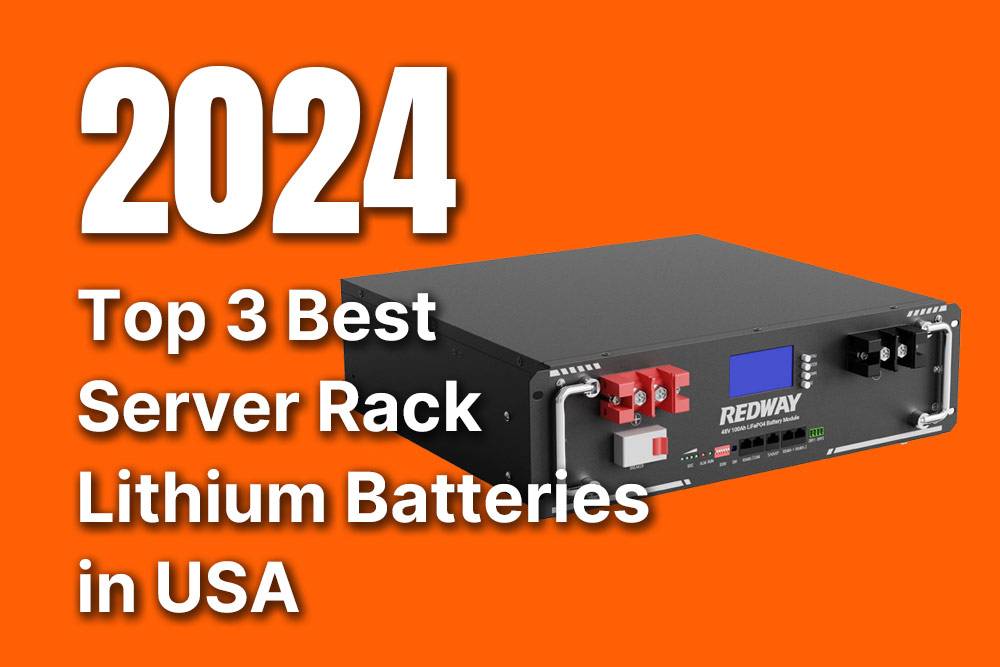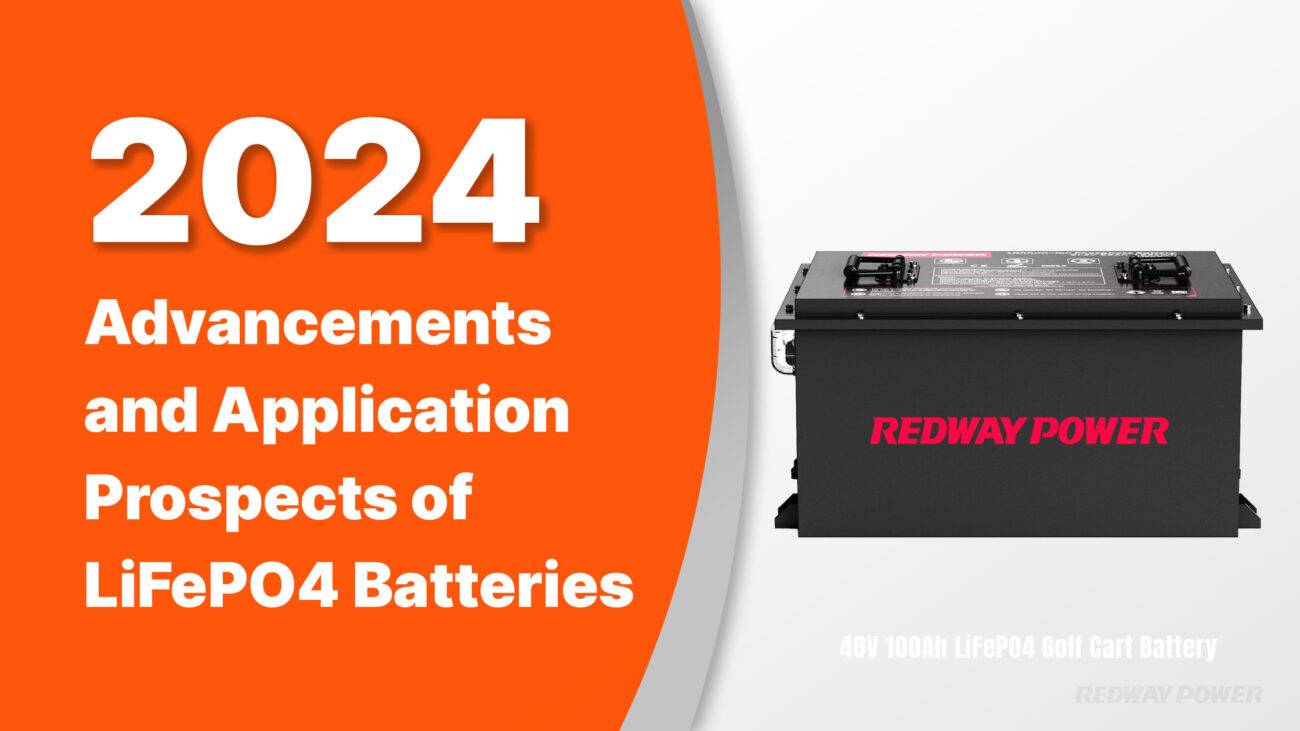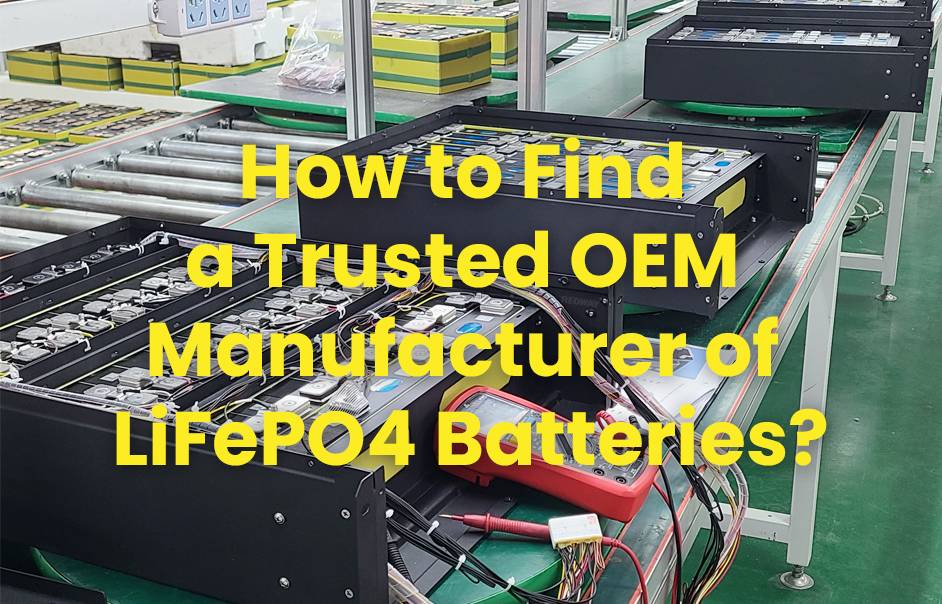LiFePO4 batteries are more expensive due to the costlier materials used in their construction, such as lithium iron phosphate. Factors like limited mineral deposits and the manufacturing process also contribute to the higher price.
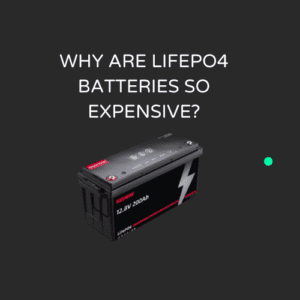
- Costlier Materials: LiFePO4 batteries use materials such as lithium iron phosphate, which can be more expensive than those used in other battery types.
- Limited Mineral Deposits: The availability of minerals required for LiFePO4 battery production can impact their price due to limited deposits worldwide.
- Manufacturing Process: The manufacturing process of LiFePO4 batteries involves specific techniques, contributing to the higher overall cost.
Considering the costlier materials, limited mineral deposits, and unique manufacturing process, LiFePO4 batteries may have a higher price point compared to other battery types.
Table of Contents
ToggleIs it bad to completely drain a LiFePO4 battery?
Yes, completely draining a LiFePO4 battery can be detrimental to its internal structure, potentially impairing its capacity to hold a charge effectively. In severe cases, deep discharge might cause irreversible damage, reducing the battery’s overall performance and lifespan.
- Negative Effects of Complete Drainage: Completely draining a LiFePO4 battery can impair its internal structure and reduce its capacity to hold a charge effectively.
- Irreversible Damage: In severe cases, deep discharge can cause irreversible damage, leading to a decline in the battery’s overall performance and lifespan.
By avoiding complete drainage of LiFePO4 batteries, you can ensure their optimal performance and prolong their lifespan.
Are LiFePO4 batteries worth it?
Yes, LiFePO4 batteries are worth it due to their various advantages. They are lighter, safer, longer-lasting, and require no maintenance compared to other battery types.
- Advantages of LiFePO4 Batteries: LiFePO4 batteries offer several advantages over other battery types.
- Lightweight Design: LiFePO4 batteries are lighter than lead-acid batteries and many other battery options.
- Safety and Longevity: LiFePO4 batteries are known for their safety, longer lifespan, and maintenance-free operation.
By choosing LiFePO4 batteries, you can enjoy the benefits of their lightweight design, enhanced safety, and longer-lasting performance.
What battery is better than LiFePO4?

Lithium-ion batteries are known for their higher energy density compared to LiFePO4 batteries. This higher energy density results in longer-lasting battery life, making lithium-ion batteries a preferred choice for consumer electronics and electric vehicles.
- Higher Energy Density: Lithium-ion batteries generally have a higher energy density compared to LiFePO4 batteries.
- Longer Battery Life: The higher energy density of lithium-ion batteries allows for longer-lasting battery life in consumer electronics and electric vehicles.
- Popular Choice: Due to their longer battery life, lithium-ion batteries are widely used in various applications, offering extended usage time.
With their higher energy density and longer battery life, lithium-ion batteries have become a popular choice for powering consumer electronics and electric vehicles.
Why are LFP batteries so expensive?
The higher cost of LiFePO4 batteries is primarily due to the manufacturing complexity and quality control requirements. Additionally, the use of high-quality materials, such as lithium iron phosphate, can contribute to the higher cost compared to other battery types.
- Manufacturing Complexity: The production process for LiFePO4 batteries is more complex and requires stringent quality control, contributing to their higher cost.
- High-Quality Materials: LiFePO4 batteries use high-quality materials, such as lithium iron phosphate, which can be more expensive compared to other battery materials.
- Long-Term Value: Despite the higher upfront cost, LiFePO4 batteries can offer long-term value with their durability and longer lifespan.
Considering the manufacturing complexity and high-quality materials used, the higher cost of LiFePO4 batteries reflects their long-term value and performance.
Why is my LiFePO4 battery draining so fast?
Fast battery drain in LiFePO4 batteries can be caused by mishandling, improper maintenance, charging practices, storage conditions, or improper usage. These factors can affect the battery’s overall performance and capacity, leading to faster depletion of its charge.
- Factors Affecting Battery Drain: Fast battery drain in LiFePO4 batteries can be caused by mishandling, improper maintenance, charging practices, storage conditions, or improper usage.
- Impact on Performance: These factors can affect the overall performance and capacity of the battery, leading to faster depletion of its charge.
- Battery Troubleshooting: Identifying and addressing these factors can help optimize the performance and longevity of LiFePO4 batteries.
By addressing the factors contributing to fast battery drain, you can optimize the performance and extend the battery life of your LiFePO4 batteries.
Should I charge my LFP battery every night?

No, LiFePO4 batteries do not require daily charging. It is recommended to charge them to 100% once a week to recalibrate the Battery Management System and balance the charge across all the cells.
- No Daily Charging Needed: LiFePO4 batteries do not require daily charging, unlike some other battery types.”
- Weekly 100% Charge: It is recommended to charge LiFePO4 batteries to 100% once a week to recalibrate the Battery Management System and balance the charge across all the cells.
- Optimal Battery Maintenance: Following the recommended charging frequency helps ensure the optimal performance and longevity of LiFePO4 batteries.
By charging LiFePO4 batteries to 100% once a week, you can maintain their performance and prolong their lifespan without the need for daily charging.
Can you overcharge a LiFePO4 battery?
Yes, overcharging a LiFePO4 battery can cause permanent damage to the internal electrode materials, leading to irreversible harm. The electrodes become unrepairable once the decomposition reaction begins.
- Permanent Damage from Overcharging: Overcharging a LiFePO4 battery can cause permanent damage to the internal electrode materials.
- Irreversible Harm: Once the decomposition reaction begins, the electrodes become unrepairable, leading to irreversible harm to the battery.
- Battery Care and Preservation: Avoiding overcharging helps ensure the longevity and optimal performance of LiFePO4 batteries.
By practicing proper battery care and avoiding overcharging, you can preserve the lifespan and performance of your LiFePO4 batteries.
Can LiFePO4 batteries be trickle charged?
No, LiFePO4 batteries do not require trickle charging due to their low self-discharge rate. Smart chargers can automatically switch to a trickle charge after reaching the desired charge level to maintain the battery’s charge without overcharging it.
- Low Self-Discharge: LiFePO4 batteries have a low self-discharge rate, eliminating the need for continuous trickle charging.
- Smart Charger Option: Smart chargers are available that can automatically switch to a trickle charge after reaching the desired charge level, maintaining the battery’s charge without overcharging.
- Efficient Charging Practices: By utilizing the low self-discharge rate and smart chargers, LiFePO4 batteries can be effectively charged without the need for constant trickle charging.
With their low self-discharge rate and the option of smart chargers, LiFePO4 batteries can be efficiently charged without the need for continuous trickle charging, ensuring optimal battery performance.
Post Views: 257




